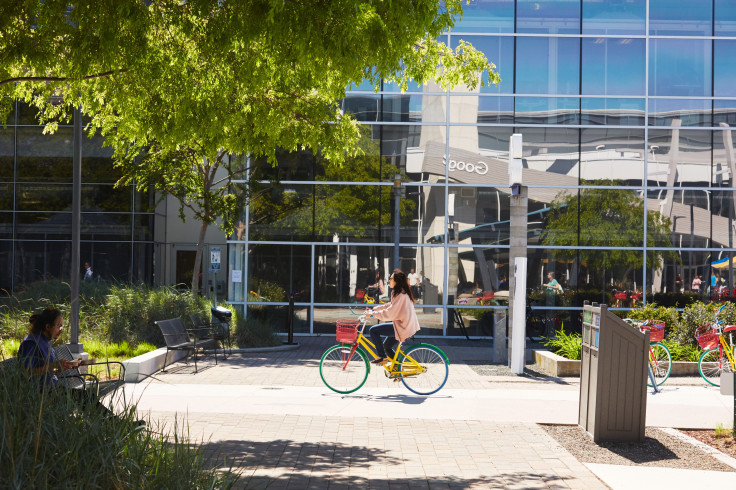
The male brain fully develops at 25-years-old, so does that mean Google is all grown up after celebrating its 25th Anniversary this week?
On Sept. 27, 2023, Google turned 25, still agile enough to live as a young person, but now Google is starting to delve deeper into who it is, including exploration of opportunities in relevant markets such as Latin America.
Considered by many as a region with a huge potential due to the amount of young people and the size of its tech markets, Latin America has received Google investments since 2005. However, it wasn't until 2022 that Google's CEO, Sundar Pichai said in the company's blog that they were investing $1.2 billion in Latin America over the next five years. Pichai said that if Latin America realizes the full potential of its digital technology, it could create an economic impact of up to $1.37 trillion by 2030 in six of the region's largest economies.
What is Google Investing in?
Google said they're focusing on four things in Latin America–Digital infrastructure, digital skills, entrepreneurship and inclusive, sustainable communities. In their blog post, the first investment they mention is the "Firmina Subsea Cable," named after Brazilian abolitionist Maria Firmina dos Reis–A subsea cable is an underwater cable that carries data from one place to another, so when people send emails and such subsea cables are largely in charge of sending that data.
The Firmina subsea cable will run from the U.S. to Argentina, with additional landings in Brazil and Uruguay. Firmina follows three other cables in Latin America—Monet, Tannat and Curie—which bring more reliable connectivity to the region, according to the blog post from Google. According to the blog post from Google, Firmina will be the largest cable in the world capable of operating from a single power source at one end of the cable.
In addition to the subsea cable, Google said its Google Cloud Regions in Santiago, Chile, and São Paulo, Brazil, have helped businesses use computing power and services that help them succeed in the digital economy. One example the blog post gave was a company named Tembici, a bike-sharing business operating in multiple cities throughout Latin America that runs on Google Cloud.
Google said in their post that digital skills are important for the next generation to thrive, and they've already trained nearly eight million people through their Grow with Google program and Google.org Grantees. In that post, Google announced they will continue taking measures to help people in Latin America grow digitally, and they're doing that through providing Google Career Certificate Scholarships to one million people in Latin America. Google said this training helps people access high-paying jobs in growing fields.
Google has also been involved in entrepreneurial efforts in Latin America, citing their success in opening a "Google for Startups" program in Brazil, which has launched 35 startups, 13 of which are "Unicorns." Google said in their blog post that their startup programs supported 450 startups in the region, creating about 25,000 jobs.
For their focus on inclusive and sustainable communities, Google's blog post said google.org announced their investment of $300 million over the next five years, which comprises $50 million in cash grants and $250 million in donated ads to support nonprofits that focus on sustainability and economic support for women and young people.
Most Recent Development
Google's most recent event for Latin America was the fifth Google for Brazil 2023: Technology at the Service of Brazilians. A large highlight of this event was the celebration of Google's second office in São Paulo, Brazil, which will be the primary location for the Google Cloud team and engineering operations. Aside from celebrating the second Google office, this event focused on driving economic growth, expanding digital payments, supporting the tourism and gaming industries, promoting digital citizenship and plus Codes in favelas across Brazil.
Plus codes opened in the favelas of Brazil in May 2022, which created about 14,000 free digital addresses for places in Brazilian favelas without formal addresses. Paraisópolis and Favela dos Sonhos, both in São Paulo, participated in the initial registration.
© 2025 Latin Times. All rights reserved. Do not reproduce without permission.






